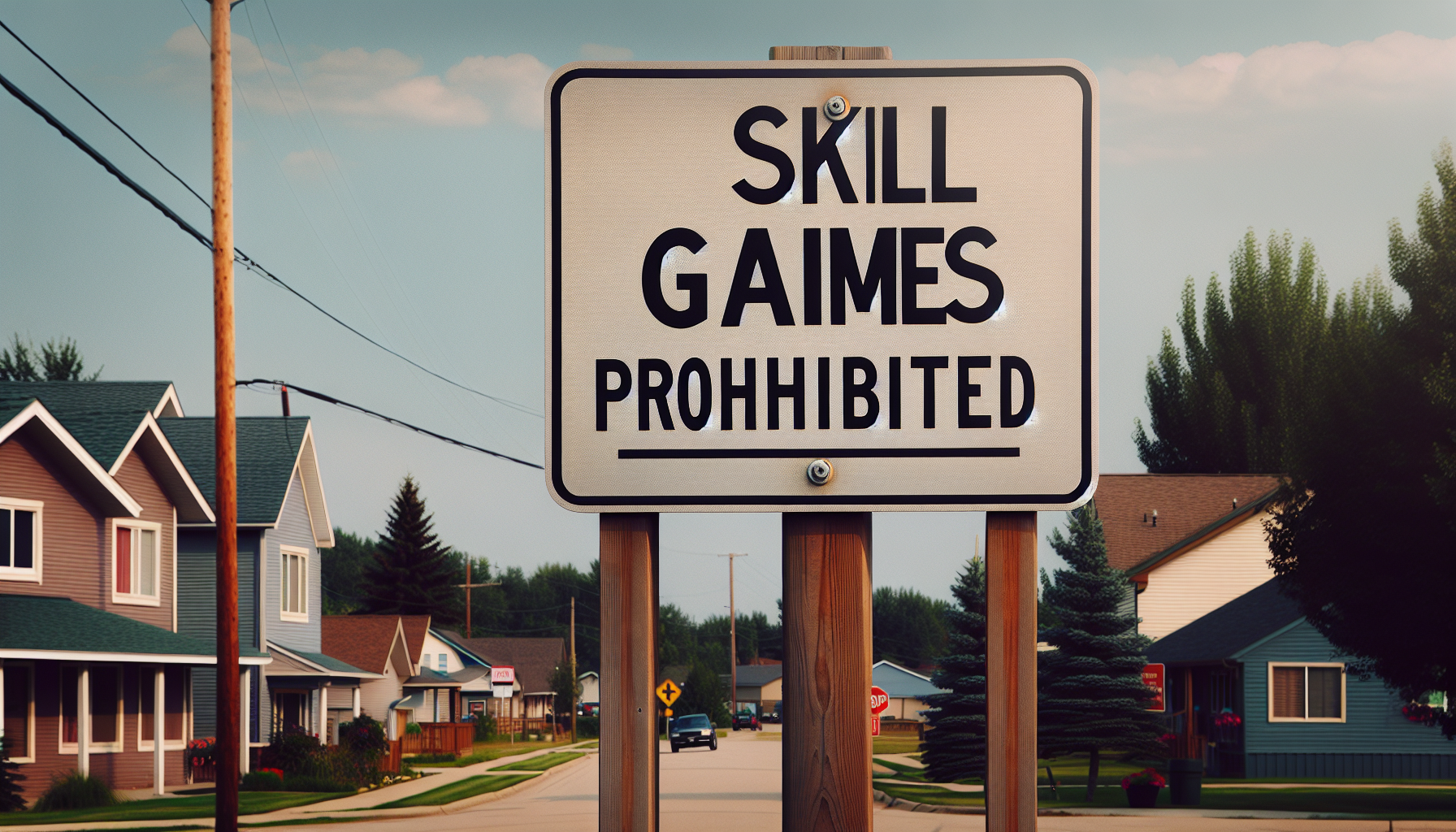The recent decision by Parx Casino Township to enforce a ban on skill games marks a significant development in the gaming landscape of Pennsylvania. As the state continues to grapple with the evolving nature of legal gambling, this move is indicative of both regulatory challenges and industry trends. Skill games, which have blurred the lines between gambling and skill-based entertainment, have been a controversial issue for communities and regulators alike. By understanding the implications of this ban, we can glean insights into the future trajectory of gaming regulations in Pennsylvania and beyond.
Understanding Skill Games
Skill games are a category of gaming that combines elements of chance with skill, often leading to confusion around their classification. Unlike traditional casino slot machines, which rely solely on chance, skill games require players to use a certain level of skill or strategy to influence the outcome.
- Definition: Skill games often resemble slot machines but claim to include a component of skill that can impact the chance of winning.
- Legal Ambiguity: The legal status of skill games has been a contentious issue due to their hybrid nature.
- Popularity: These games have gained traction in various regions where traditional gambling is either restricted or heavily regulated.
Regulatory Landscape in Pennsylvania
Pennsylvania has become a focal point in the ongoing debate over skill games. While the state has a robust and expanding legal gambling industry, the categorization and legality of skill games have presented unique challenges:
- State Laws: Current laws in Pennsylvania distinguish between various forms of gambling and gaming, but skill games occupy a gray area.
- Economic Impact: Skill games have been generating significant revenue, leading to both support and opposition based on their economic benefits and potential drawbacks.
- Community Reactions: Opinions on skill games vary, with some communities welcoming the additional revenue and others raising concerns about gambling addiction and societal impact.
The Ban at Parx Casino Township
The enforcement of the skill game ban at Parx Casino Township represents a critical stance against these controversial games. This decision has sparked discussion about the future of skill-based gaming within the state.
- Rationale: The Township’s move to enforce the ban aligns with efforts to drive a clear distinction between legal and illegal gaming activities.
- Industry Impact: This decision may set a precedent for other regions considering similar bans.
- Community Views: Local stakeholders have expressed mixed feelings, with some emphasizing the need for a clearer regulatory framework.
Implications for the Future
The ban by Parx Casino Township on skill games offers a window into potential future developments in gaming regulation. Here are some key considerations:
- Regulatory Clarity: The enforcement might prompt state legislators to address gaps in the current legal framework related to skill games.
- Industry Evolution: Casinos and gaming providers may need to adapt, possibly exploring new types of gaming experiences that comply with the laws.
- Consumer Behavior: Changes in availability and legality could alter consumer behavior, influencing where and how people choose to gamble.
Conclusion
As Parx Casino Township steps into the fray by banning skill games, the move highlights the complexities of regulating hybrid gaming experiences within Pennsylvania’s legal framework. While the decision has left a notable impact on both industry players and local communities, it has also underscored the need for clearer regulatory guidelines. As Pennsylvania and other states navigate these murky waters, the lessons learned will likely inform not only state policy but also broader discussions on gambling regulation across the United States.
For more insights on the intersection of gambling laws and gaming innovation, check out resources from American Gaming Association and updates from the Pennsylvania Gaming Control Board.

